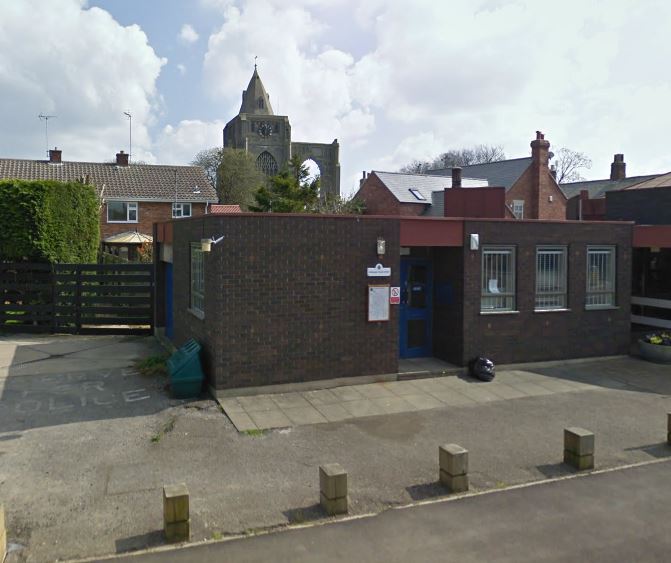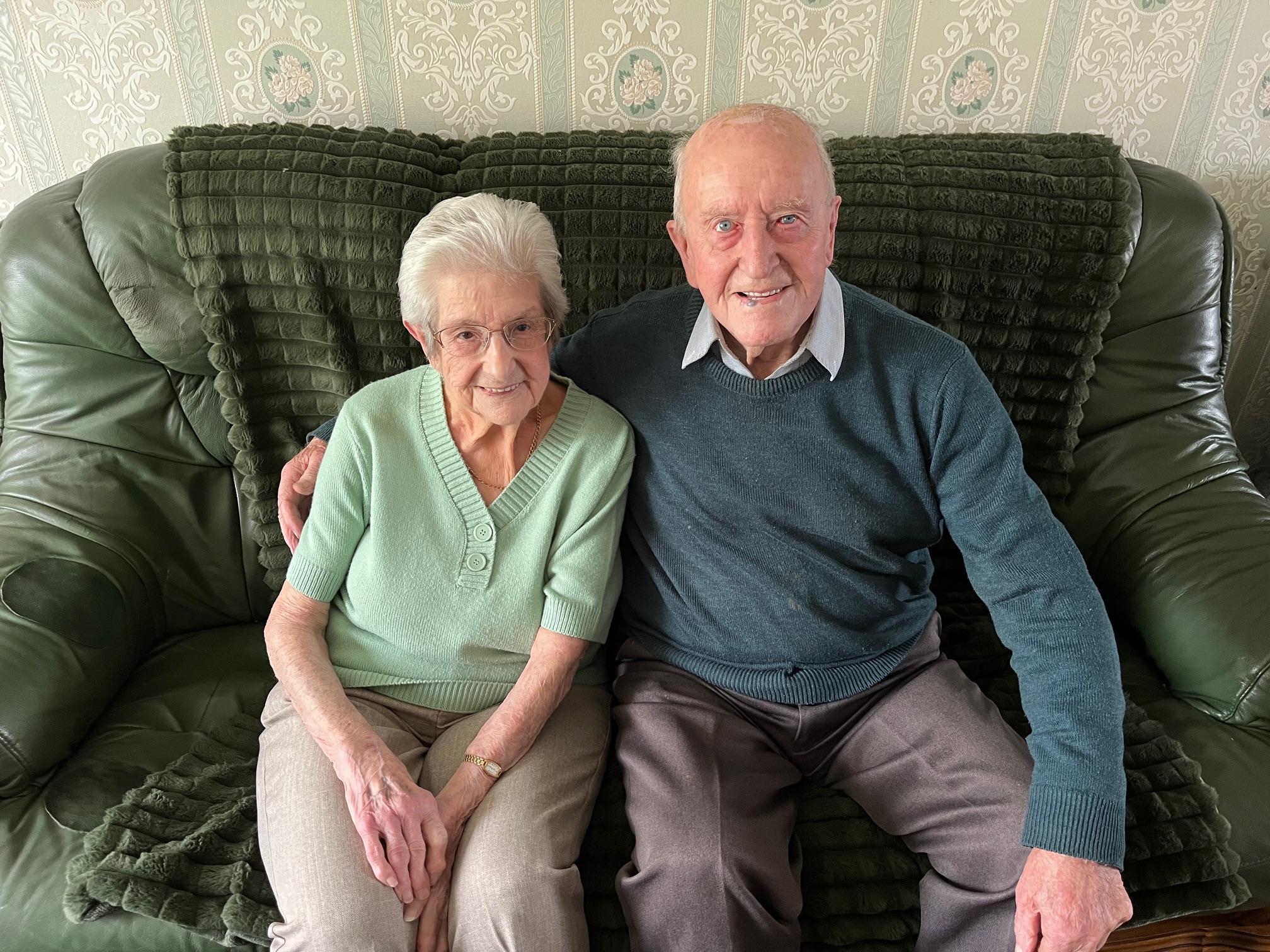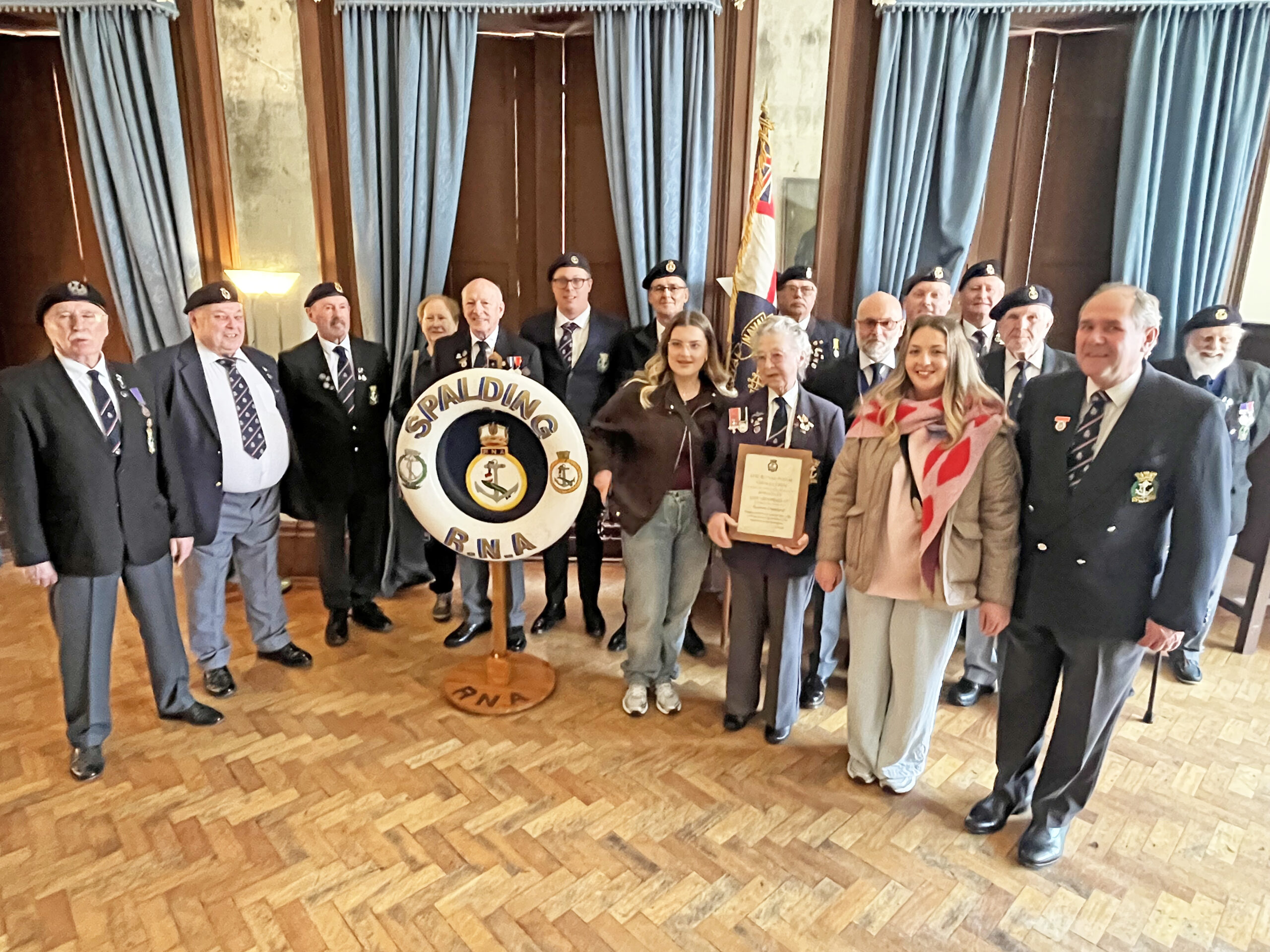Lincolnshire Police are to close an unmanned police hub in Crowland.
It’s one of 17 in the county to be closed which the force say will save it £250,000 a year.
Lincolnshire Police has defended its decision, saying research found the buildings were “barely being used” by police staff or members of the public, writes Local Democracy Reporter Ellis Karran.
Chief superintendent Kate Anderson, head of local policing and partnerships, said: “A number of small Lincolnshire Police buildings are not currently in operational use after they were identified as an area of force spend that could offer immediate financial savings.
“Revenue savings of £227,250 per year could be made by not spending on facilities and utilities in these spaces, which research showed were barely being used by the public or Police staff.”
The police were also keen to stress that these buildings “have not been sold or fully closed,” with assurances made that communities will be given their say “before any final decision is made” about the sites’ future use.
The Police and Crime Commissioner for Lincolnshire, Marc Jones, has said the closure of the hubs should wait until after the police have appointed a new chief constable following Chris Haward stepping down from the post.
“I have always said that it is not just important for people to be safe, they must feel safe as well,” he said.
“It doesn’t matter whether a member of the public uses a station regularly or not – the visible presence is important.
“I knew the force was considering the future use of these stations, which is part of good asset and budget management, but believed that no decisions would be taken before the arrival of the new Chief Constable.
“To have closed them, even if it proves to be on a temporary basis, without proper consultation and understanding of the impact upon our communities is unacceptable.
“My role is to stand up for the people of Lincolnshire and make sure policing is carried out in their best interests.
“This issue proves the value of having a strong, publicly elected representative in post to prevent such arbitrary decisions being made without the public being made aware or considered.”
Marc Jones argues that these savings made by police could be a “false economy” that translates to an average of “a little over £1,000 a month per building,” with fears of higher future maintenance costs.
He says a commitment had already been made to commision the College of Policing for a neighbourhood policing assessment across Lincolnshire, including the force’s use of its buildings, but Lincolnshire Police said an independent piece of research suggested resources were better diverted elsewhere.
“The force can only effectively police the county with the public’s consent,” the PCC added. “Maintaining that trust is critical. Making decisions like this without proper explanation or consultation is foolhardy.”







